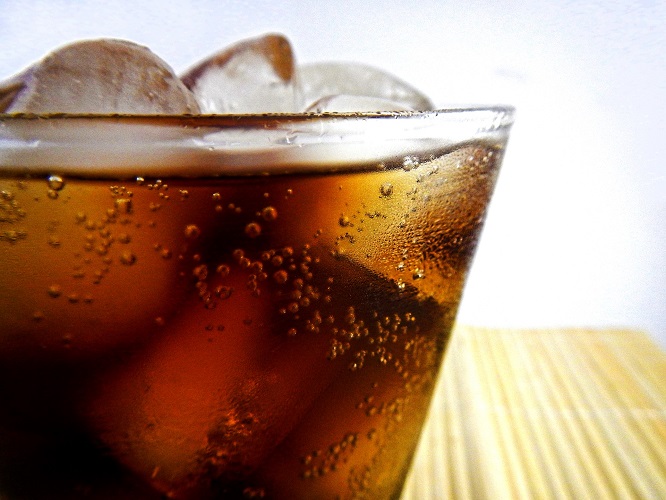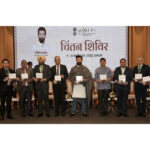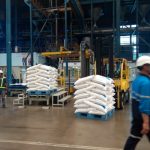Coordinating Minister for Food Affairs, Zulkifli Hasan, announced that the Indonesian government is exploring to implement a warning label for high sugar content on the packaging of sweetened beverages. In a statement issued on Thursday, November 13, 2025, Zulkifli emphasized that the aim is not to prohibit the consumption of sugary drinks, but rather to raise awareness about their potential health risks. “If the younger generation stays healthy, Indonesia will become more productive,” he said.
Zulkifli, commonly known as Zulhas, explained that the initiative is designed to protect younger people from the dangers of excessive sugar intake. He specifically pointed to sweetened beverages as a major contributor to kidney problems, which can lead to dialysis treatments in younger individuals, according to the local media report.
In addition to the kidney risks, Zulhas also highlighted the link between high sugar consumption and obesity. He stressed that these health issues could have a negative impact on the productivity of young people. “The government wants to ensure that people are aware of sugar levels before they make a purchase,” he added.
Referencing data from the International Diabetes Federation (IDF) for 2024, Zulhas noted that the number of diabetes cases in Indonesia has reached 20.4 million, placing the country fifth globally in terms of diabetes prevalence. He also pointed out that 11.3 percent of adults aged 20-79 are affected by the disease, a noticeable decrease from a decade ago.
The minister shared that studies have shown that more than 75 percent of urban teenagers in Indonesia consume sweetened beverages at least three times a week.
Zulhas expressed optimism that the proposed warning label policy will promote greater transparency in food information and provide a clear visual cue to help the public make more informed choices. He noted that similar measures have already been successfully implemented in countries like Thailand, Chile, and Singapore, where they have helped educate consumers and encouraged the beverage industry to develop healthier alternatives.













